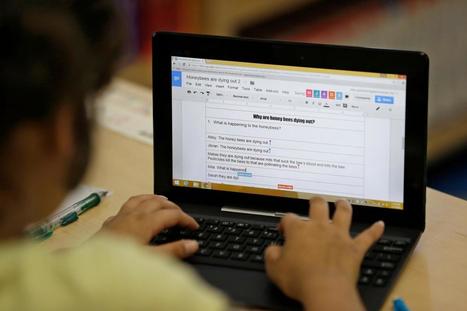When people talk about the effects of automation and artificial intelligence on the economy, they often fixate on the quantity of human workers. Will robots take our jobs? Others focus instead on threats to the quality of employment—the replacement of middle-class occupations with lower-skill, lower-wage ones; the steady elimination of human discretion as algorithms order around warehouse pickers, ride-hailing drivers, and other workers.
What’s less understood is that artificial intelligence will transform higher-skill positions, too—in ways that demand more human judgment rather than less. And that could be a problem. As AI gets better at performing the routine tasks traditionally done by humans, only the hardest ones will be left for us to do. But wrestling with only difficult decisions all day long is stressful and unpleasant. Being able to make at least some easy calls, such as allowing Santorini onto Kickstarter, can be deeply satisfying.
Research and publish the best content.
Get Started for FREE
Sign up with Facebook Sign up with X
I don't have a Facebook or a X account
Already have an account: Login
News, reviews, resources for AI, iTech, MakerEd, Coding and more ....
Curated by
John Evans
 Your new post is loading... Your new post is loading...
 Your new post is loading... Your new post is loading...
|
|











